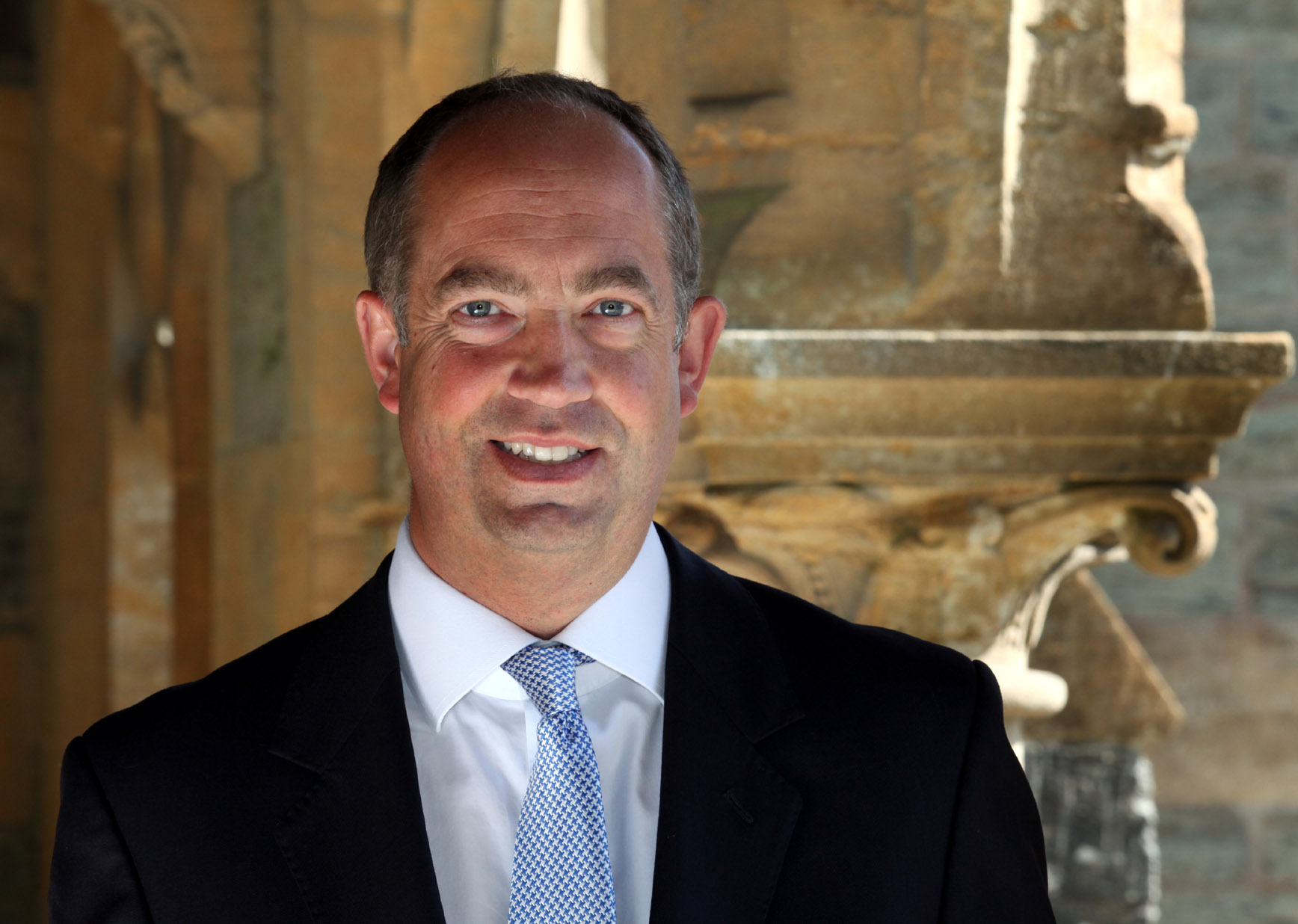 BBC News
BBC NewsBorrowing was £17.4bn last month, the second highest October figure since monthly records began in 1993.

by Mark Semmence
It’s broadly agreed that the future will be one in which creativity and teamwork will be more important than ever: it will not require one kind of individual, but a team of varied individuals. Furthermore, we’re all now conscious of the growing incidence of mental issues among young people, with anxiety and peer pressure adding to their mental load. To arrive at a better society, we require balance, both in the team and in the individual: all must know who they are and play their part.
To withstand the challenges of the future, our young people will need to have experienced a balanced education in their formative years. As well as supporting individuals we must also arm young people with the resilience to confront challenges effectively. We should aim to instil a sense of proportion – of grounded reality and balance. Balance and health will always go together and incorporates not only physical and mental health but also academic, cultural, and societal health. If this can be done, the result is stability.
So how do we achieve this? The answer is we must change our binary approach to education. To begin with, we need to recognise that examinations are only one representation of a person’s capabilities.
The Children’s Society Annual Good Childhood Report recently found that more than a third of UK 15-year-olds scored low on life satisfaction with ‘fear of failure’ cited as a key factor. Perhaps this is why we score so poorly compared to our European counterparts when asking our children to assess their own happiness. Only 64 per cent of UK children experienced high life satisfaction – the lowest figure of 24 countries surveyed by the OECD.
The UK’s approach to exams makes us an international outlier. Former Education Secretary Lord Kenneth Baker notes that the UK is the only major economy in the world that imposes difficult exams on young people at the age of 16. Baker argues that we should replace them with a system that focuses on coursework and teacher assessments. A school ‘leaving certificate’ at 16 is, after all, a relic.
Life skills like communication, problem-solving, and adaptability are essential tools in managing mental health. These skills are in demand by employers, yet we still refer to them as ‘soft skills’, demeaning their value to the category of merely ‘optional’. Boarding schools have more hours in the day and more opportunities to hone such skills. For instance, in-house dining three times a day is a defining part of the Repton experience, enabling pupils to fine-tune their emotional intelligence.
Meanwhile, the EdTech revolution invites all young people to the party. Technology can be leveraged to offer a more potent delivery of the curriculum and create collaborative opportunities which more efficiently prepare pupils for their contribution to 21st century society. Subjects like sport, music, art, and drama need to be profoundly integrated into studies. I am not talking about writing a song or rap about the periodic table (though that was done very effectively by Tom Lehrer!) but inventive connections drawn between those creative subjects and the ‘traditionally academic’. Engineers are, after all, some of our finest creative thinkers; some might even call them daydreamers.
Let’s take another example. Design and Technology pupils should be putting mathematics to good use solving real-world design problems and take what they’ve learnt into a maths and a DT exam. Or another. Literature pupils should be able to see the artistic production of an era in the broader context of its music and art: they should be able to take the styles and techniques of those ages and bring them into the modern world. If Stormzy and Ed Sheeran can use traditional styles as the basis for 21st Century hits, then why should our young people not be taught the connection between history and heritage – topics which they might otherwise feel to be too ‘dry’.
This is not ‘cool teacher’ speak. In fact, it’s a necessary shift when you consider the scale and complexity of modern challenges. A sense of confidence within oneself is fundamental to good mental health, and to feeling oneself part of society. If the only focus of a school is on exams then we create imbalanced people who are not as productive as they might be and will struggle to find a place in the world. Not only that but we render the skills developed for the exams more or less useless since they have never been seen in the context of anything other than exams. There is a better – a more balanced – way.